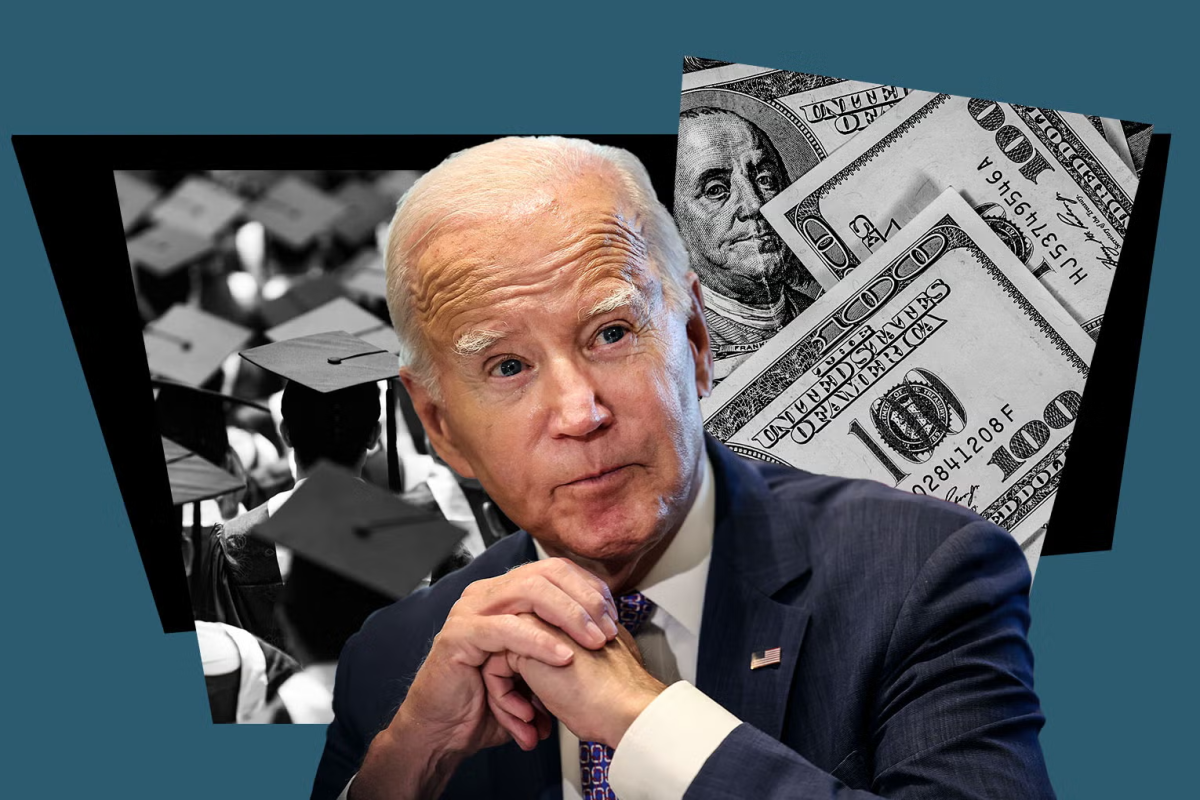Over time, the cost of college has risen, with the cost of public education going up almost $6000 per year since 2000. The affordability of college has changed significantly, leaving students looking for affordable options for higher education.
Georgia offers the HOPE and Zell Miller scholarships for the public, in-state schools, including the University of Georgia, Georgia Institute of Technology and other schools such as Kennesaw State University. These scholarships incentivise students to stay in Georgia by helping cover large parts of their tuition, with the Zell Miller Scholarship covering 100%. In order to qualify for these scholarships, a student must maintain a 2.0 or 3.5 GPA in college.
For students going out of state, though, the cost of college dwarfs that of in-state, with a national average of $28,240 in comparison to $10,940 for in-state tuition.
The affordability of college has become a major talking point for politicians across the country, including President Joe Biden. Over his term, Biden has forgiven over $138 billion in college debt, including another $1.2 billion this February.
The decision to forgive student debt has not gone without opposition. The Supreme Court struck down a previous student loan forgiveness program last June with a 6-3 vote, arguing that the president did not have the authority to forgive that amount of money.
Voters in the upcoming presidential election may see student debt as an important policy point, and student loan forgiveness has proven popular with young voters.
Lambert senior Janice Rho will be attending Northwestern University in Illinois for the upcoming school year. Tuition at Northwestern is significantly higher than in-state tuition, and students can still obtain scholarships to help pay for college.
“I wanted to go to Northwestern because it’s a good college,” Rho said. “If Biden promises to forgive student loans, he’ll get all my votes.”
With money in mind, it’s important not to underestimate the value of affordable options for college, such as staying in-state or merit-based scholarship programs. While the government may continue to forgive student debt for the time being, the path toward higher education shouldn’t rely on the government’s assistance.









